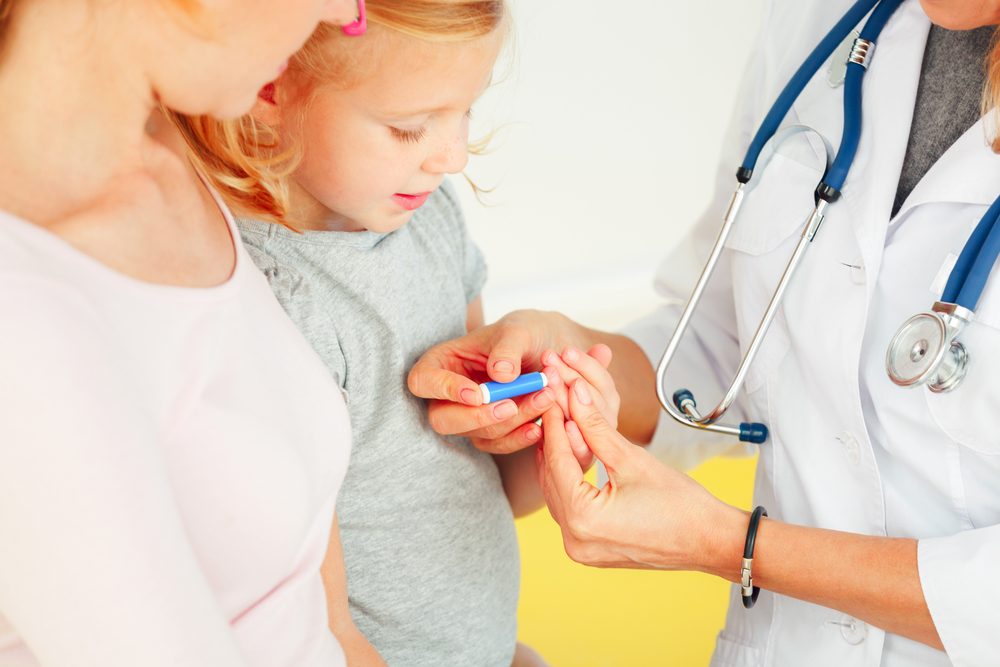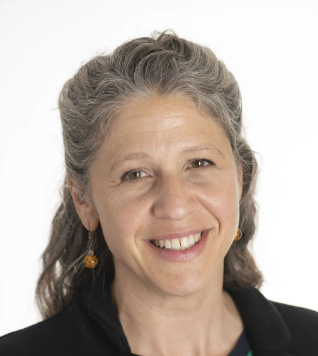Oxford researchers have received funding from a European programme to investigate how to best follow up children who are at risk of type 1 diabetes (T1D).

Oxford will receive 433,000 euros as part of the EDENT1FI programme which aims to identify T1D at its pre-clinical stage in children in the general population.
Dr Rachel Besser, a paediatric diabetes consultant at Oxford University Hospitals NHS Foundation Trust and researcher at the University of Oxford’s Wellcome Centre for Human Genetics, is leading the Oxford workstream.
As part of the EDENT1FI project, Dr Besser’s team will implement an acceptable and feasible follow-up programme in children and adolescents with stage 1 and stage 2 T1D; and investigate novel metabolic and glycaemic approaches to monitor children with early-stage T1D.
Dr Besser, whose work is supported by the NIHR Oxford Biomedical Research Centre (BRC), said: “We are delighted to receive this funding and to be part of a major international collaboration tackling type 1 diabetes in young people. We will be exploring new approaches to follow up and monitor children with early-stage T1D or at risk of developing the disease.”
“Identifying children and monitoring them is vital if we are to prevent life threatening illness and to identify children eligible for any preventative therapies.”

The funding will allow Dr Besser (pictured left) to build on existing programmes, including an NIHR programme development grant assessing acceptability, feasibility and cost effectiveness of screening in childhood T1D; and an Oxford BRC proof of concept study to assess the ability to screen children for T1D risk at the time of their pre-school vaccination.
EDENT1FI (European action for the Diagnosis of Early Non-clinical Type 1 diabetes For disease Interception) is a global consortium comprising 28 partners across 12 countries, bringing together academic researchers, industry leaders and charities combat T1D with the support of a €22 million grant from the European Union’s Innovative Health Initiative (IHI). The project is funded through the Horizon Europe programme and is set to run over five years.